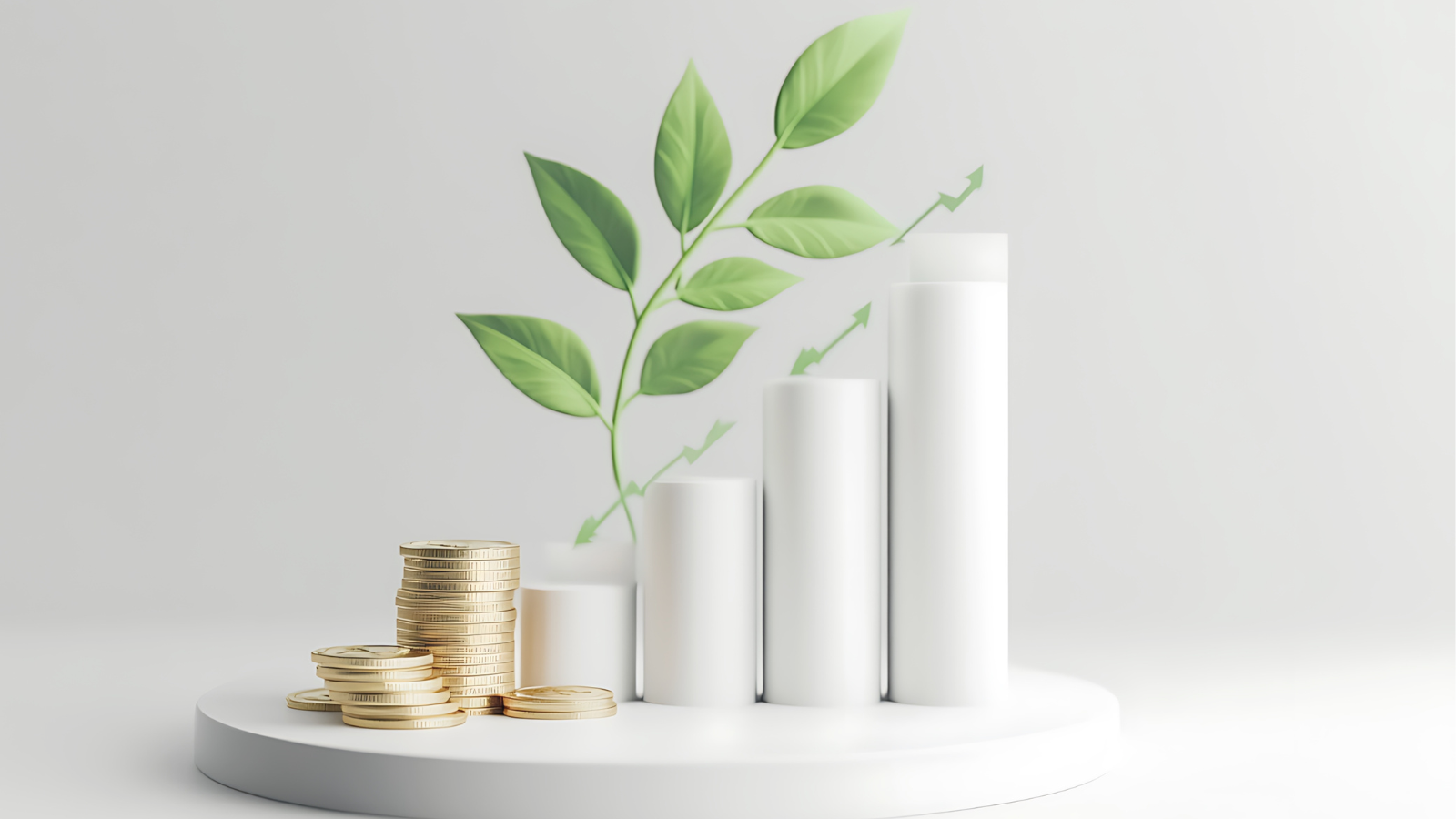The numbers go up, the fear stays the same
"It’s not that I expect disaster but honestly my mind just naturally prepares for the worst."

"It’s not that I expect disaster but honestly my mind just naturally prepares for the worst."

I wish I would spend the first few minutes of my morning meditating or analyzing the purpose of my dreams like some people. Instead, I open my stock portfolio half asleep, as if knowing the numbers first thing will somehow make me prepared for the day.
And no matter what it looks like, it never feels good.
Green means temporary relief. Red means, of course. Either way, I close the app and go about my morning pretending the market’s mood isn’t tied to mine.
I’m fine. And that’s the part that makes it kind of ridiculous.
I have savings, a salary, a spreadsheet that could pass for a small business plan. On paper, I look stable. But in my head, stability feels like a loan with no terms that they can take it back whenever they want.
I wasn’t raised poor, but I was raised cautious. My parents built their lives on predictability and tax deductions.
We had just enough to feel safe and just little enough to know that safety wasn’t permanent.
When the 2008 crash hit, my dad kept saying, “We’ll be fine.” I didn’t understand what was happening; I just knew the thermostat was set lower that winter and my favorite (overpriced) cereal disappeared from the pantry.
I didn’t understand what that meant — I just remember asking if I could still take piano lessons and him saying, “Maybe next year.” I shrugged and said okay, but later that night I heard my parents talking quietly in the kitchen. That’s when I realized “we’ll be fine” didn’t actually mean fine.
And that’s the version of loss I learned: quiet, logical, disguised as adjustment. Now I live like a person who’s still bracing for it.
I save too much, plan too far ahead, and worry in advance.
If there’s extra money left at the end of the month, I don’t celebrate. I just move it somewhere I can’t touch it, like I’m hiding it from a future version of myself who might get careless.
My therapist calls it “preemptive scarcity.” I call it realism with heartburn.
She says I confuse preparation with protection. I told her that’s easy to say when your dad didn’t keep emergency cash folded inside old shoe boxes “just in case the banks fail.”
And it’s not that I expect disaster, but honestly my mind just naturally prepares for the worst.
Even good news feels temporary. A raise means layoffs are coming. A tax refund means I’ll owe next year. A paid-off credit card means the car will probably break down.
My coworkers joke that I’m “the financially responsible one.” They see the meal prep containers, the carefully tracked PTO, the Excel tabs labeled goals 2026. I let them think it’s discipline because it’s easier than explaining that spreadsheets calm me the way other people use prayer.
People assume financial anxiety comes from scarcity. But sometimes it comes from memory — from learning too early that security depends on forces you can’t influence.
Last week, I caught myself checking my portfolio during dinner with friends. Everyone else was talking about weekend plans. I was pretending to read a text while watching the numbers flicker. Nothing had even changed. I just needed to see it to make sure everything was still there.
That’s all it ever is, really. Not about money. Not about growth. Just wanting proof that things haven’t quietly fallen apart while I wasn’t paying attention.